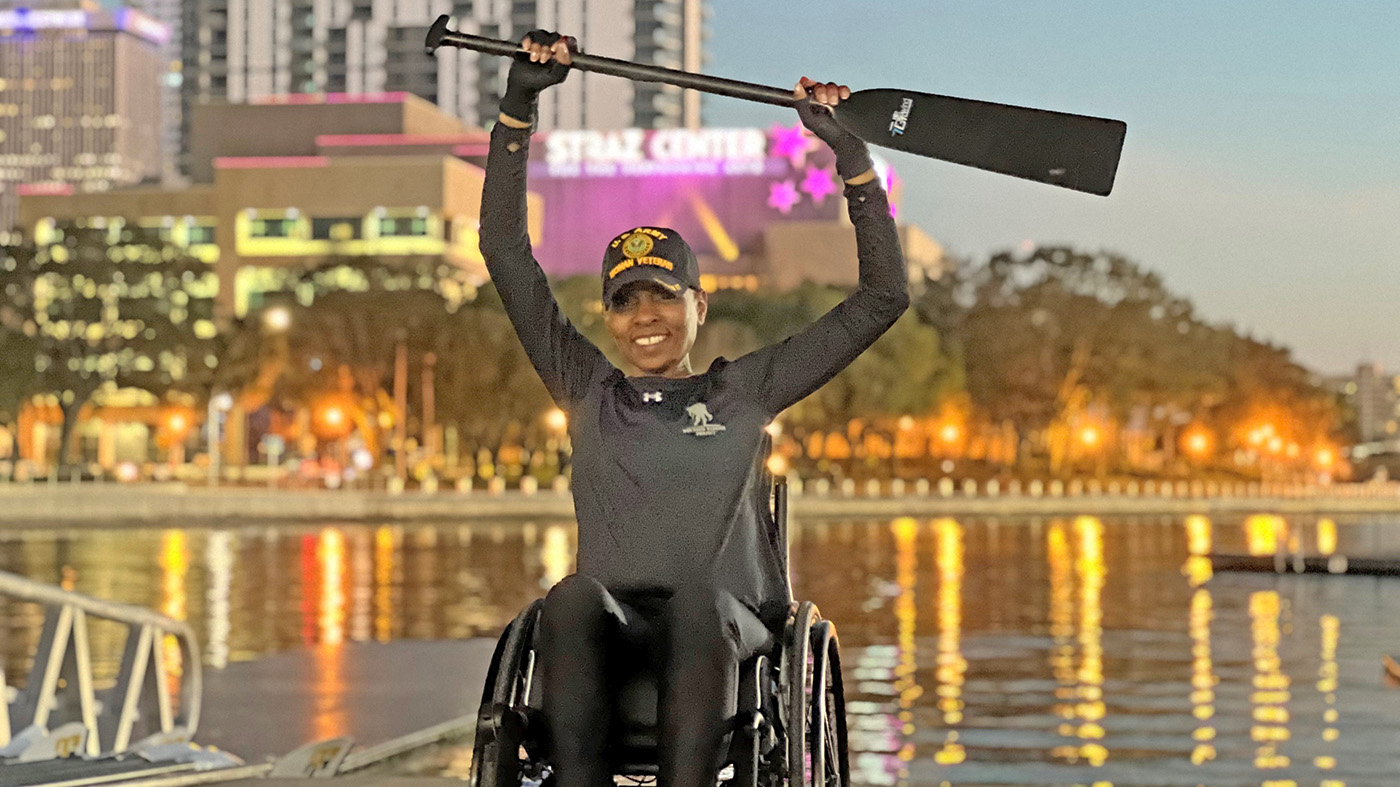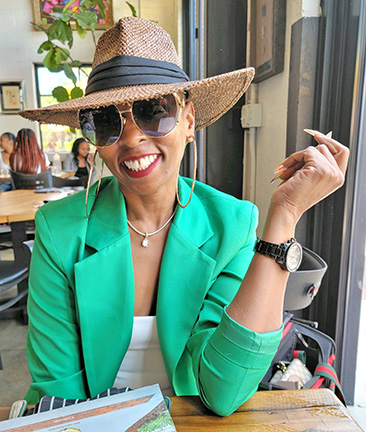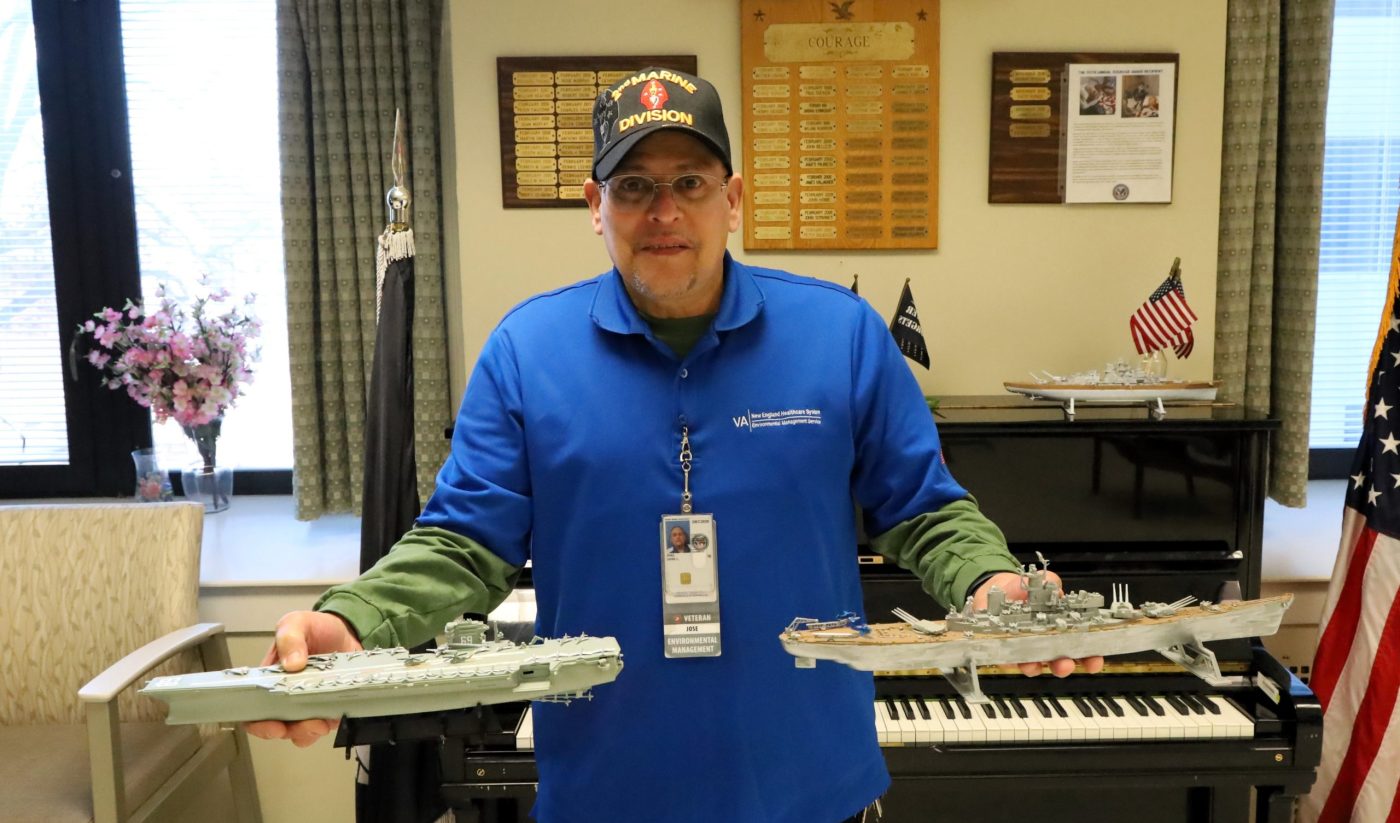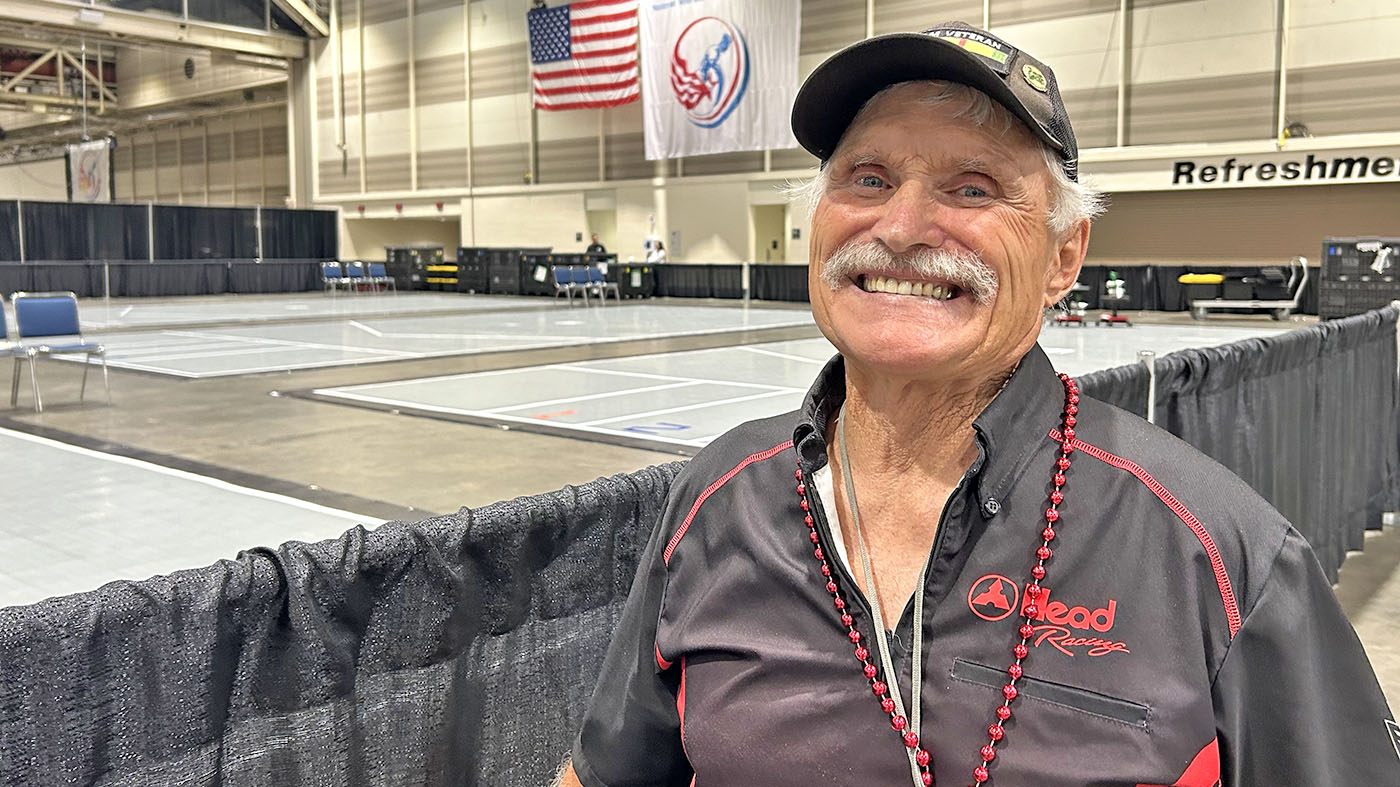I was in the Army for five years. The Army got me to a place where I could see what I wanted to do with my life. I loved the Army and saw myself having a career in the Drill Sergeant School, being one of the first people new recruits worked with.
I was in South Korea when I had my first significant symptom of multiple sclerosis.
During a big battalion run, I fell out, unable to go any further. My legs felt like I was standing on wet noodles. I could barely feel them and was having difficulty supporting my body. I was sent to sick call, where I was given an ibuprofen and told to rest. The Army doctors couldn’t find anything wrong with me. I continued to have health issues and received a medical discharge.
Not long after my discharge, there was a day I couldn’t see straight. Everything was blurry or spotty. I knew something was wrong and it seemed bad. I went to an ophthalmologist and was diagnosed with optic neuritis.
“Everything happening to me started to make sense.”
Further tests showed I had MS. It was a relief to know what was causing my symptoms but also scary because I had never been diagnosed with a disease. I had so many questions running through my head. As I read more about MS, everything that had been happening to me started to make sense.
When I learned there was no known cure for MS, I knew I had to come up with a game plan on how to battle MS until there was one. The first five years were rough. I was just 26 when diagnosed, and I had a lot of moments where I asked God, “Why me? I’m so young and healthy.”
I think anyone diagnosed with a chronic disease goes through that. As I heard other people’s stories on living with MS, I found I could relate and realized I’m not alone. I started listening to how they were managing their MS and decided I needed to be healthier and stronger to live well with this disease… stronger than I was before the diagnosis.
I changed my diet, adding proteins and more fruits, vegetables and grains. I increased my water intake. I started journaling. I started meditating. I changed the way I look at things. I showed gratitude for a lot of things that I didn’t even show gratitude for before MS. I started listening to my stories to figure out what was going to work for me.
“VA was amazing in getting me independent.”
I devised a plan to ensure I was living my best life. My whole MS team at James A. Haley VA in Tampa were amazing with getting me to be as independent as possible. It’s all about what you put into yourself and your care.
One of the things that helped me live my best life with MS was surrounding myself with positive people. Nobody wants to be stared at or judged for who they are. When I was younger I didn’t want people to see that I had a disability. I didn’t want to use a wheelchair even though I was falling all the time and my mobility was limiting what I could do.
But I realized you must use whatever you’re given and take advantage of it. If you feel you can’t, just get into the mindset of “I’m stronger than what I think I am.” Just do it.
I think that’s what living your best life is about. You can do so much if you just put your mind to it. I know it’s easier said than done. There are days that I don’t want to get up and the depression comes in. But my mind is stronger than my body.
You must think “mind over matter” and find the strength to do it, and you’ll find you can do it. If you don’t find a way to live your best life, then you’ve already lost the battle.
“I challenge myself because I know I can do it.”
This past year, I joined the Tampa Bay Dragon Boat Club and am on Team Blue (pictured above). We have 18 paddlers, one person in the front beating a drum and another in the rear steering the boat. The paddlers are the engine moving to the beat of the drum and I’m amazed what we can do as a team.
I’ve been involved with the Wounded Warrior Project, which is a great organization. This year I want to get involved in the National Veterans Wheelchair Games. It’s one of my biggest goals… to get involved in some things I never thought I’d be involved in, such as pickleball and maybe some weightlifting.
I want to challenge myself to do something I’ve never done before because I know I can do it.
Topics in this story
More Stories
One strategy credited for the improvement is a focus on building trust and stronger patient-provider relationships.
Army and Marine Corps Veteran started making models after being hospitalized at Connecticut VA.
Veteran Hank Ebert is a bit of a superstar in the National Veterans Wheelchair Games. He has been attending since 1993.








outstanding shipmate